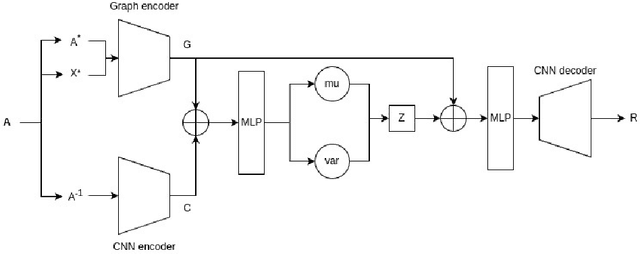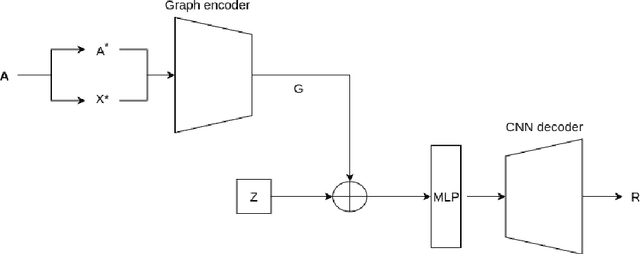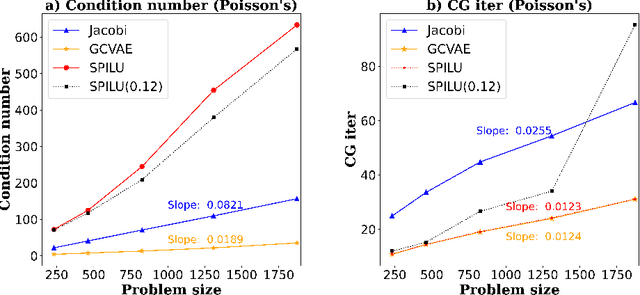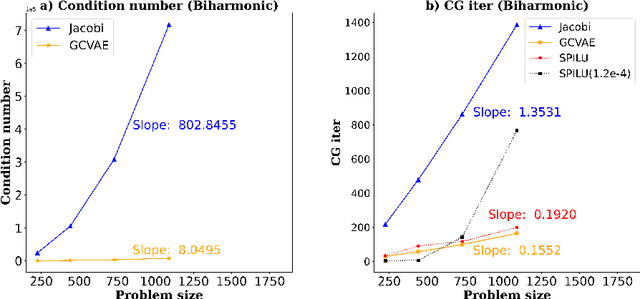Mou Li
Yi-Lightning Technical Report
Dec 03, 2024



Abstract:This technical report presents Yi-Lightning, our latest flagship large language model (LLM). It achieves exceptional performance, ranking 6th overall on Chatbot Arena, with particularly strong results (2nd to 4th place) in specialized categories including Chinese, Math, Coding, and Hard Prompts. Yi-Lightning leverages an enhanced Mixture-of-Experts (MoE) architecture, featuring advanced expert segmentation and routing mechanisms coupled with optimized KV-caching techniques. Our development process encompasses comprehensive pre-training, supervised fine-tuning (SFT), and reinforcement learning from human feedback (RLHF), where we devise deliberate strategies for multi-stage training, synthetic data construction, and reward modeling. Furthermore, we implement RAISE (Responsible AI Safety Engine), a four-component framework to address safety issues across pre-training, post-training, and serving phases. Empowered by our scalable super-computing infrastructure, all these innovations substantially reduce training, deployment and inference costs while maintaining high-performance standards. With further evaluations on public academic benchmarks, Yi-Lightning demonstrates competitive performance against top-tier LLMs, while we observe a notable disparity between traditional, static benchmark results and real-world, dynamic human preferences. This observation prompts a critical reassessment of conventional benchmarks' utility in guiding the development of more intelligent and powerful AI systems for practical applications. Yi-Lightning is now available through our developer platform at https://platform.lingyiwanwu.com.
Generative modeling of Sparse Approximate Inverse Preconditioners
May 17, 2024



Abstract:We present a new deep learning paradigm for the generation of sparse approximate inverse (SPAI) preconditioners for matrix systems arising from the mesh-based discretization of elliptic differential operators. Our approach is based upon the observation that matrices generated in this manner are not arbitrary, but inherit properties from differential operators that they discretize. Consequently, we seek to represent a learnable distribution of high-performance preconditioners from a low-dimensional subspace through a carefully-designed autoencoder, which is able to generate SPAI preconditioners for these systems. The concept has been implemented on a variety of finite element discretizations of second- and fourth-order elliptic partial differential equations with highly promising results.
 Add to Chrome
Add to Chrome Add to Firefox
Add to Firefox Add to Edge
Add to Edge